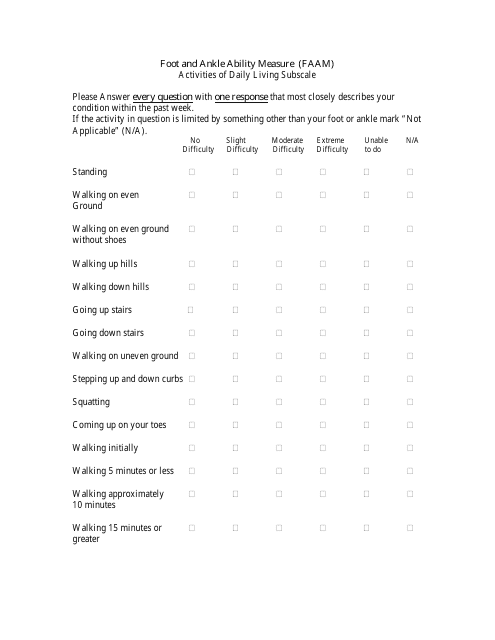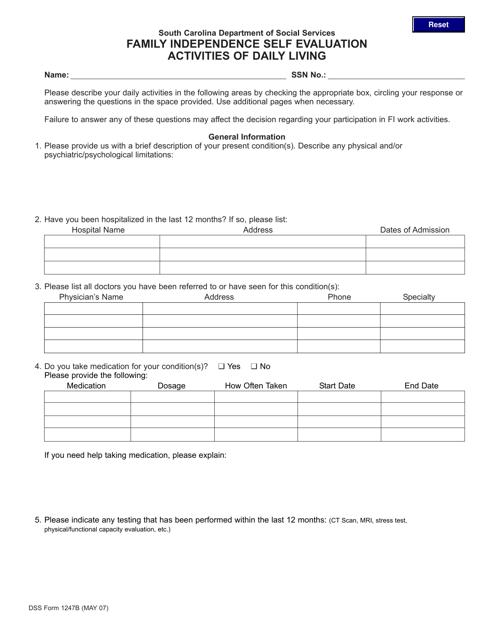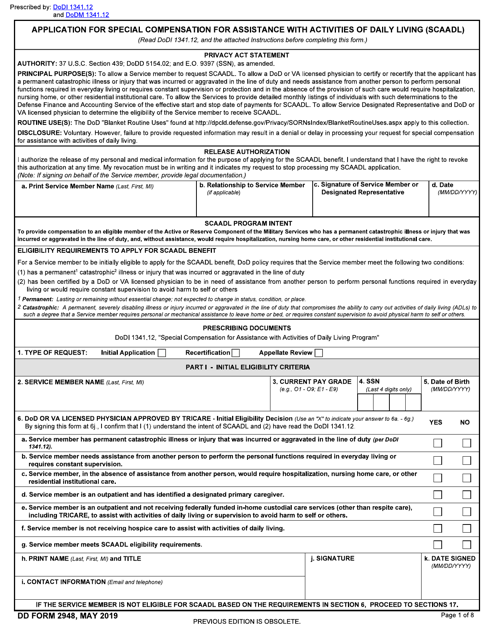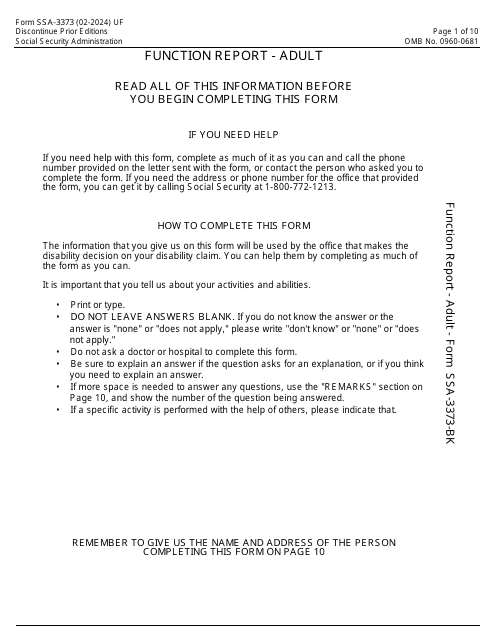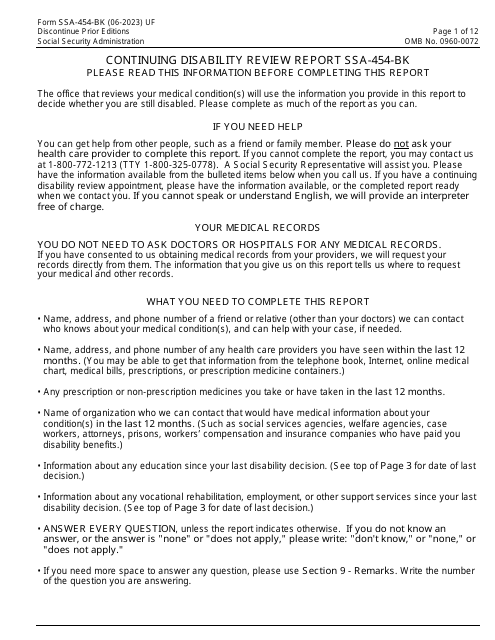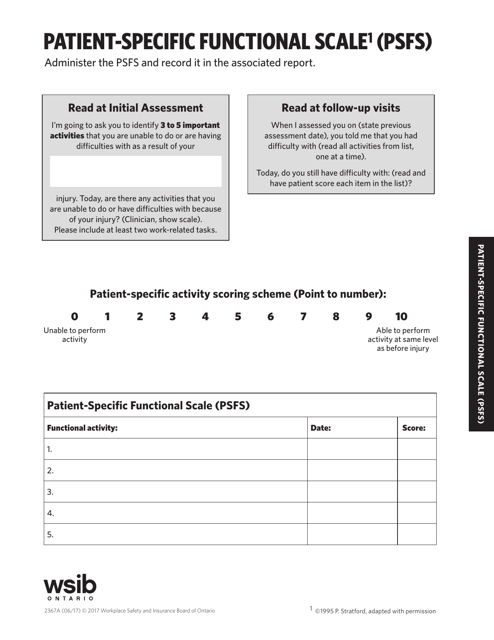Activities of Daily Living Templates
Activities of daily living, also known as ADLs, refer to the basic tasks and activities that individuals perform on a daily basis to take care of themselves and maintain their independence. These activities typically encompass essential self-care tasks such as dressing, bathing, grooming, eating, and toileting.
ADLs are critical indicators of an individual's overall functional ability, and they play a vital role in assessing a person's independence and need for assistance or support services. Health professionals, including doctors, therapists, and caregivers, often use various assessment tools and forms to evaluate an individual's ADL capabilities and determine their level of functioning.
The assessment of ADLs is an integral part of many healthcare programs and social services, as it helps healthcare providers, caregivers, and even government agencies to determine an individual's eligibility for certain benefits, accommodations, or assistive devices. For instance, forms such as the Foot and Ankle Ability Measure (FAAM) Activities of Daily Living Subscale Form, the DSS Form 1247B Family Independence Self-Evaluation Activities of Daily Living - South Carolina, and the DD Form 2948 Special Compensation for Assistance with Activities of Daily Living (SCAADL) Eligibility are used in various states to determine an individual's eligibility for disability-related benefits and services.
In addition to these government-related forms, there are forms like the Form SSA-3373 Function Report - Adult and the Form SSA-454-BK Continuing Disability Review Report used by the Social Security Administration. These forms not only assess an individual's ADL capabilities but also gather information on their ability to perform work-related activities, which helps determine their eligibility for disability benefits.
Overall, the assessment of activities of daily living is an essential process for understanding an individual's functional abilities and determining the level of support or assistance they may require. Whether it is a healthcare professional evaluating a patient's self-care abilities or a government agency determining eligibility for assistance programs, the information gathered through ADL assessments contributes to improved healthcare outcomes and the overall well-being of individuals.
Documents:
6
This Form is used for measuring the ability of individuals to perform daily activities related to the foot and ankle.
This form is used for evaluating the activities of daily living for families seeking independence in South Carolina.
Use this form to determine your eligibility to receive Special Compensation for Assistance with Activities of Daily Living (SCAADL). The monthly payment are due if an injury or illness were received in the line of duty.
This form is used for assessing the functional abilities of a patient in Ontario, Canada, using the Patient-Specific Functional Scale (PSFS). The PSFS helps healthcare professionals understand the specific limitations and goals of individual patients.

